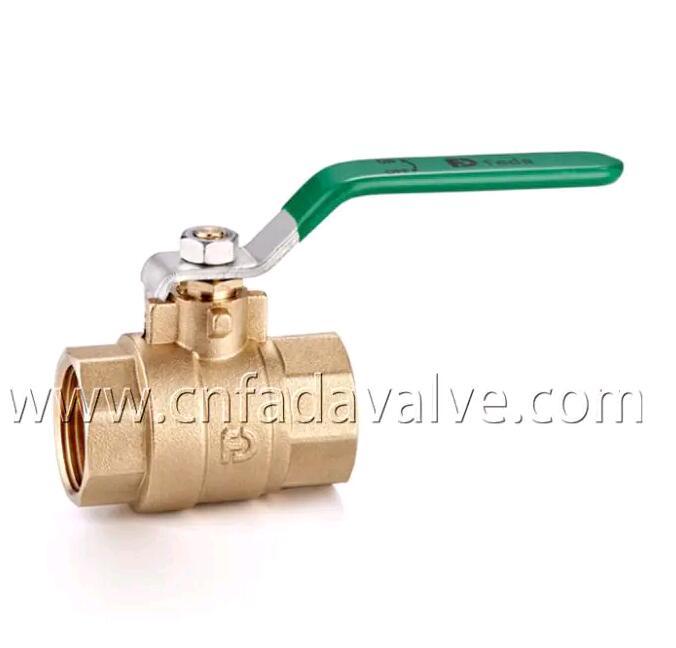Fire safety installations often incorporate full port brass ball valves to ensure rapid water flow during emergencies. The valve's quick operation supports fast system activation and shutdown.
Advantages of Full Port Brass Ball Valves
The full port design means the valve bore matches the pipeline diameter, eliminating pressure drops and turbulence. This is essential in applications where maintaining consistent flow and pressure is critical.
Brass is a strong material that withstands wear and corrosion from water and many chemicals, contributing to a longer service life. This reduces maintenance needs and replacement frequency.
The quarter-turn ball mechanism provides fast, reliable opening and closing. The lever handle offers good leverage, making the valve easy to operate even in tight spaces or under pressure.
Full port brass ball valves accommodate a wide range of media, including liquids, gases, and non-aggressive chemicals, making them suitable for diverse applications.
Compared to other valve types, brass ball valves are relatively small and light, simplifying installation and integration into existing piping systems.
The simple internal design with few moving parts means fewer points of failure. When combined with brass's corrosion resistance, this ensures reliable performance over time with minimal upkeep.
While brass ball valves are robust, they have specific limits on pressure and temperature. It is important to select valves rated appropriately for the intended application to ensure safety and longevity.
Brass valves perform well with water, air, oils, and mild chemicals but are not suitable for highly corrosive fluids such as strong acids or alkalis. Users should verify compatibility before installation.

https://www.fadavalve.com/product/brass-ball-valve/fada-leadfree-fnpt-full-port-ball-valve-threaded-end.html
Features
• Forged brass body for durability and corrosion resistance
• 304 Stainless Steel ball for longer life
• Full port for maximum flow
• Blowout-proof nickel plated metal stem
• NSF/ANSI 61 and NSF/ANSI 372 Approved
• Lead free and NSF approved construction are required for potable drinking water
 Free IL
Free IL

